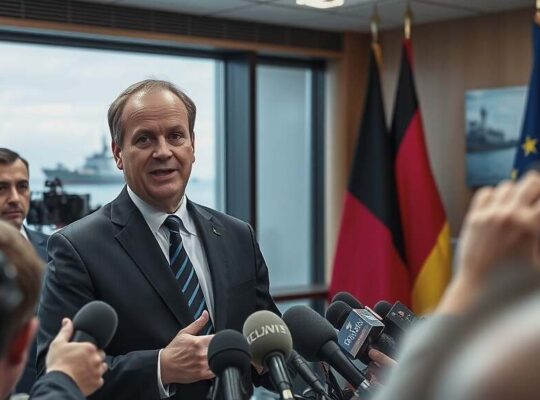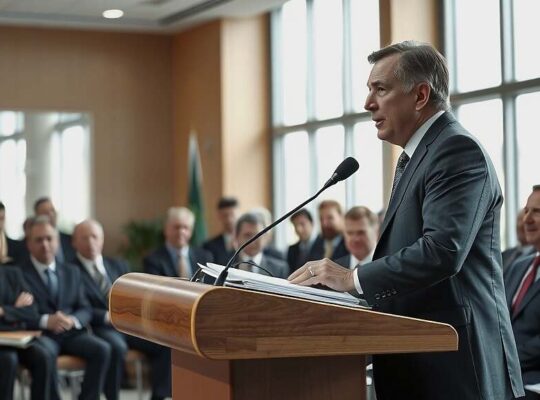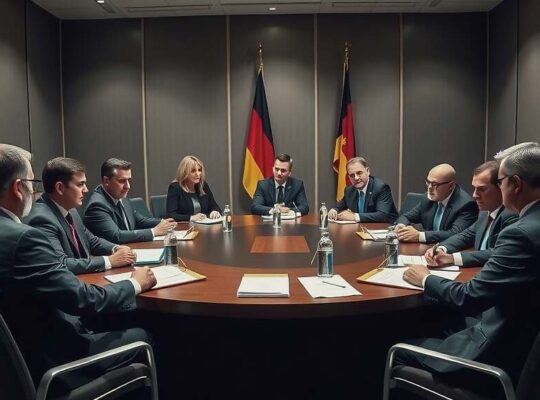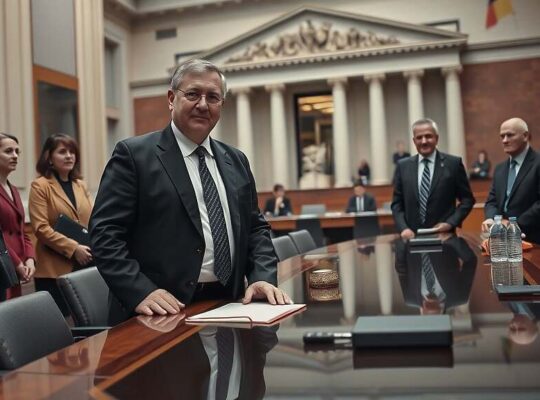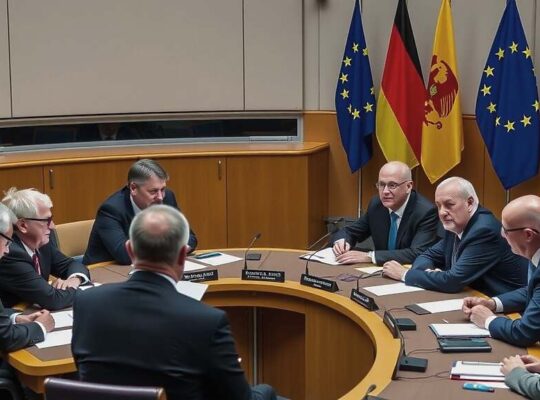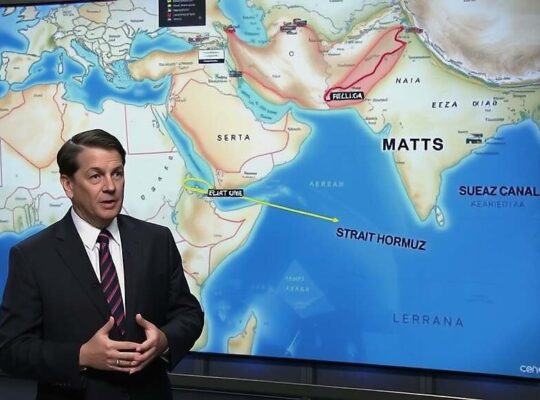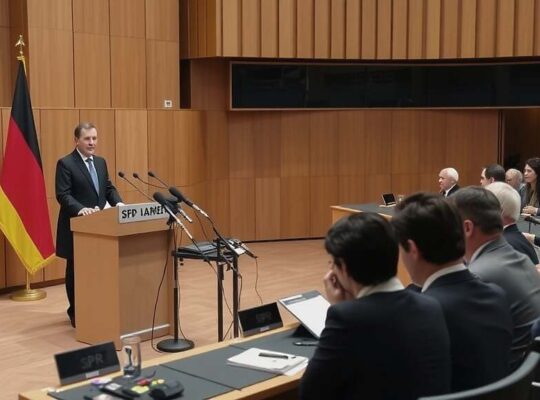The German Foreign Ministry has expressed growing concern regarding the escalating political instability in Peru, particularly following the announcement of a potential state of emergency. A spokesperson for the ministry confirmed ongoing contact with the German embassy in Lima, prioritizing the safety and well-being of German citizens currently residing in or traveling through the Andean nation. The statement urged all political factions to de-escalate tensions and return to constitutional governance.
Peru is currently gripped by a severe political crisis, triggered by the recent parliamentary impeachment of former President Dina Boluarte. The subsequent installation of an interim government has failed to quell widespread protests, which have evolved beyond the immediate cause of Boluarte’s removal. These demonstrations are fueled by deep-seated grievances, notably surrounding government inaction and perceived collusion with organized crime.
The situation reached a tragic tipping point on Wednesday when one demonstrator was reportedly killed by police gunfire, exacerbating already volatile conditions. Numerous protesters and police officers have sustained injuries in clashes, raising serious questions about the proportionality of the security forces’ response and potentially hindering any prospect of dialogue.
The crisis highlights the complex challenges facing Peru, where the porous borders and weak institutions have fostered lucrative opportunities for transnational criminal organizations. In February 2024, then-Interior Minister Nancy Faeser signed a memorandum of understanding with Peruvian officials to initiate negotiations for a security agreement aimed at combating organized crime and drug trafficking. However, the current status of those negotiations remains unclear and the unfolding crisis casts a long shadow on the efficacy and urgency of any collaborative effort. Critics argue that the security agreement, while potentially valuable in the long term, may be insufficient to address the immediate political and societal factors driving the unrest. The German government’s position highlights a delicate balance between supporting Peru’s constitutional order and acknowledging the legitimate grievances fueling the widespread protests.




